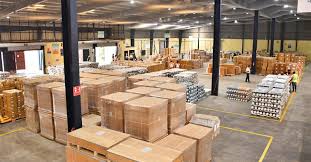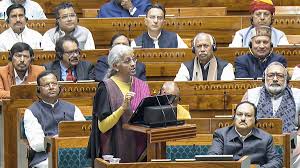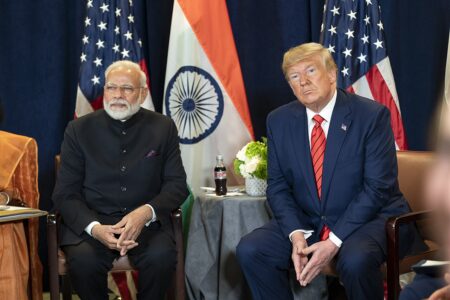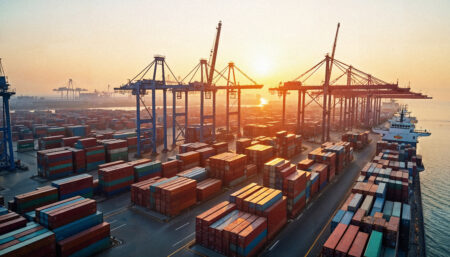India’s logistical evolution, fuelled by digital adoption and infrastructure enhancements, positions it as a significant global trade player, emphasising sustainable practices and strategic innovation.

Logistics needs to be simple enough to solve complex issues
Global Adaptation
According to Abbas Panju, Managing Director, India, at UPS Express, global logistics success relies on simplifying processes for small and medium-sized businesses (SMBs). “Ease of doing business is a huge advantage in global trade,” he asserts, highlighting the need to streamline border clearances, compliance, and specialized product requirements. He emphasises that innovation is paramount to simplifying logistics and enabling SMBs to participate in global trade. India is advancing in digital technologies, embracing tracking and inventory management systems, and fostering transparency through initiatives like the Unified Logistics Platform (ULIP). “Reducing India’s logistics costs will be key for global competitiveness,” Panju notes, acknowledging the government’s efforts in addressing infrastructure challenges. He points out that India’s improved ranking in the World Bank’s Logistics Performance Index is a testament to the nation’s progress.
Sustainable growth
Panju underscores the importance of balancing efficiency with green practices. “The greenest mile is the one not driven,” he notes. He cites examples like the Green Exporters Program, which empowers SMBs to adopt environmentally friendly practices. “Commerce and communities are two sides of the same coin,” he says, reinforcing that economic growth and environmental responsibility can coexist. “It’s about making sustainable choices and adopting new ways to operate while also making a positive impact on the world.”
Resilient ecosystem
Navigating geopolitical and economic uncertainties requires a resilient logistics ecosystem. Panju suggests focusing on SMBs, encouraging them to adopt flexible, disruption-aware supply chain practices that leverage new technologies. He advocates for regulatory frameworks that support this transition, building a strong and adaptable ecosystem. “Logistics needs to be simple enough to solve complex issues,” he states, emphasising the importance of end-to-end logistics solutions, communication, and collaboration. UPS’s dedicated airport gateways in New Delhi and Bengaluru, with in-house customs clearance, exemplify initiatives that enhance trade efficiency and speed to market. “Customers are increasingly seeking end-to-end logistics solutions to complex problems,” he adds, highlighting the need for businesses to offer comprehensive services. “Communication and collaboration within the supply chain ecosystem is extremely important for a business wanting to do business across borders.”
Future vision
For India to achieve its 2047 development goals, a smart and efficient logistics sector is crucial. Panju emphasises that SMBs are the backbone of global trade, requiring access to cross-border opportunities. “As more SMBs mobilise to reach global markets, shipping across borders increasingly hinges on logistics,” he states. He highlights the necessity for SMBs to adopt technological capabilities, data-driven platforms, and smart supply chains. Aligning with this vision involves continuous reforms and innovations that simplify logistics, promote sustainability, and build resilience, ensuring India’s position as a global trade leader.” Today, technological capabilities, data-driven platforms, and smart supply chains are expected core competences for a SMB, who is a supplier in a typical producer-driven chain,” he concludes.











